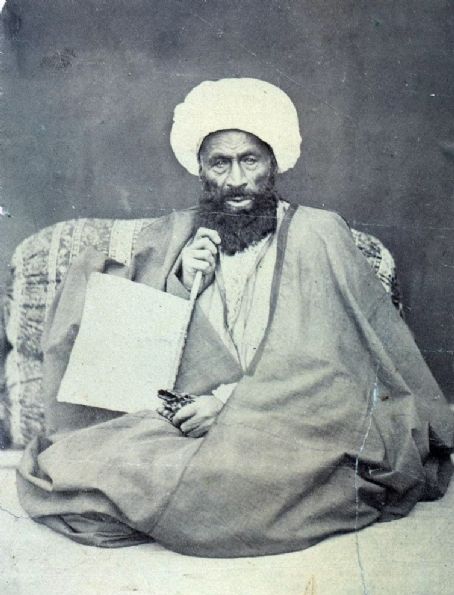Mulla Ali Kani, an eminent Shia scholar and theologian, emerged during a critical period of Islamic thought. His teachings have not only contributed significantly to the Shia intellectual landscape but also prompted a re-evaluation of many contemporary theological and ethical concerns. His profound insights invite seekers of knowledge to delve deeper into the complexities and beauties inherent in Shia Islam.
In exploring the teachings of Mulla Ali Kani, it becomes essential to understand the socio-political milieu of his time. The sociopolitical fabric of the 17th century, characterized by upheaval and fragmentation, served as a backdrop against which Kani articulated his philosophies. Amidst the tumultuous landscape, his scholarly works resonate as a beacon of hope, calling for unity, understanding, and introspection within the Muslim community.
Mulla Ali Kani’s religious philosophy emphasizes the intrinsic relationship between reason and revelation. His logical approach to theological discourse advocates for the utilization of rationality to comprehend divine edicts. This intermingling of intellect and faith is vital, as it fosters a community that does not eschew inquiry but embraces it as a means to strengthen belief. His innovative stance encourages individuals to engage critically with Islamic texts, fostering a culture of thoughtful discourse in religious practices.
At the heart of Kani’s teachings lies the concept of Imamate, which holds that the Imams are divinely appointed leaders endowed with both spiritual and temporal authority. His elucidation of the roles and responsibilities of the Imams invites contemplation on ethical leadership within contemporary contexts. The notion that these leaders embody the quintessence of justice significantly shapes Shia identity, urging adherents to aspire for a just society reflective of Imami principles.
Tags
Share this on:
[addtoany]


